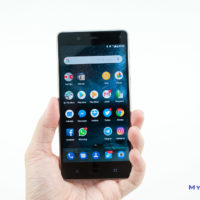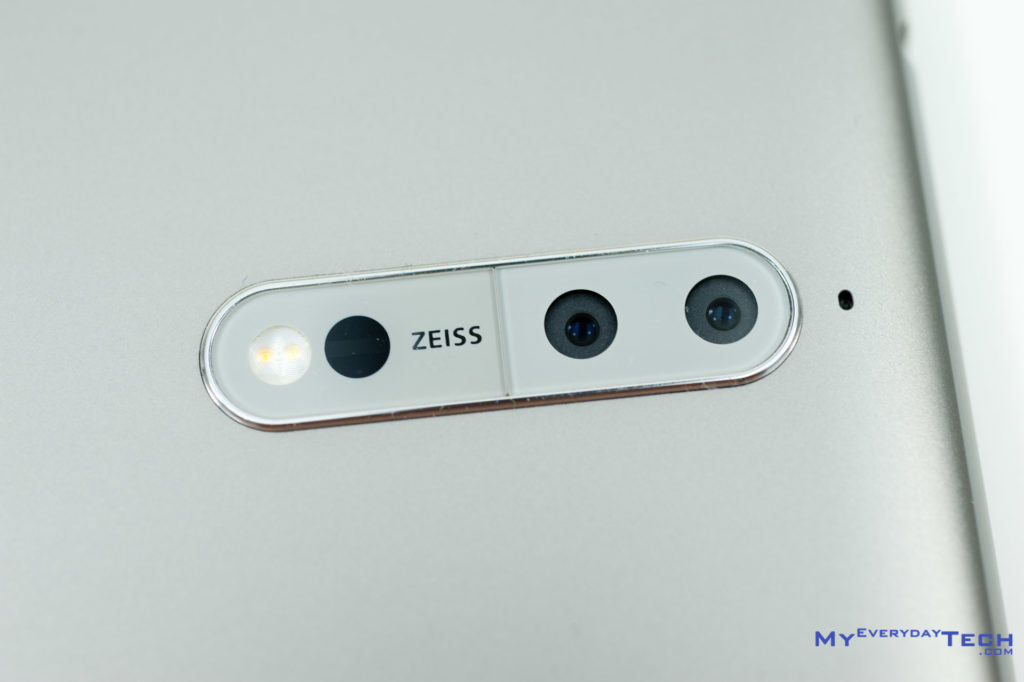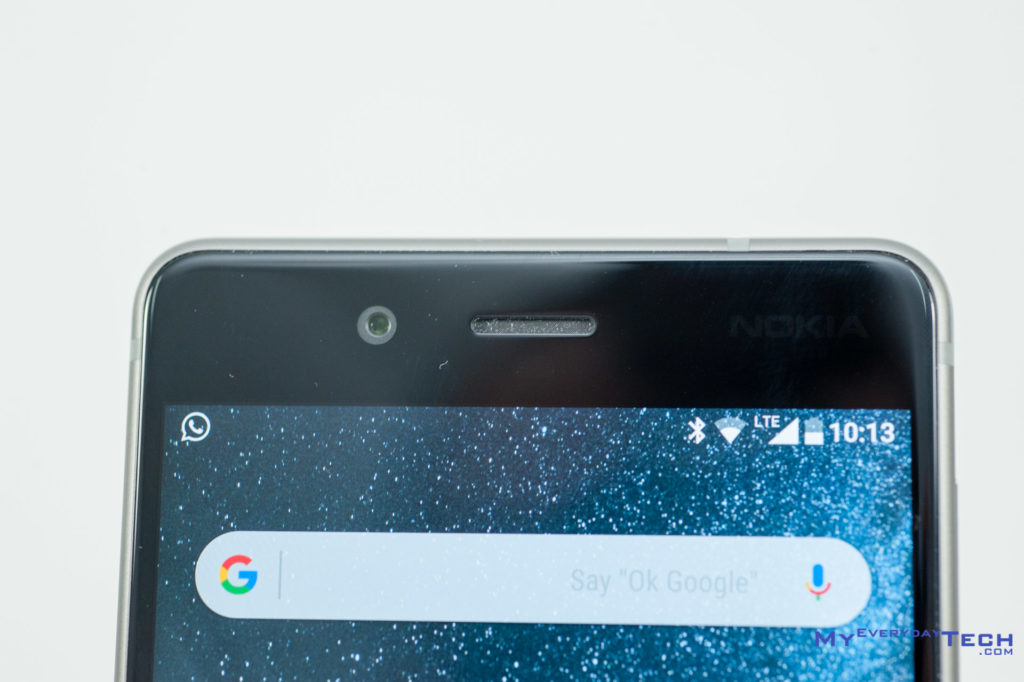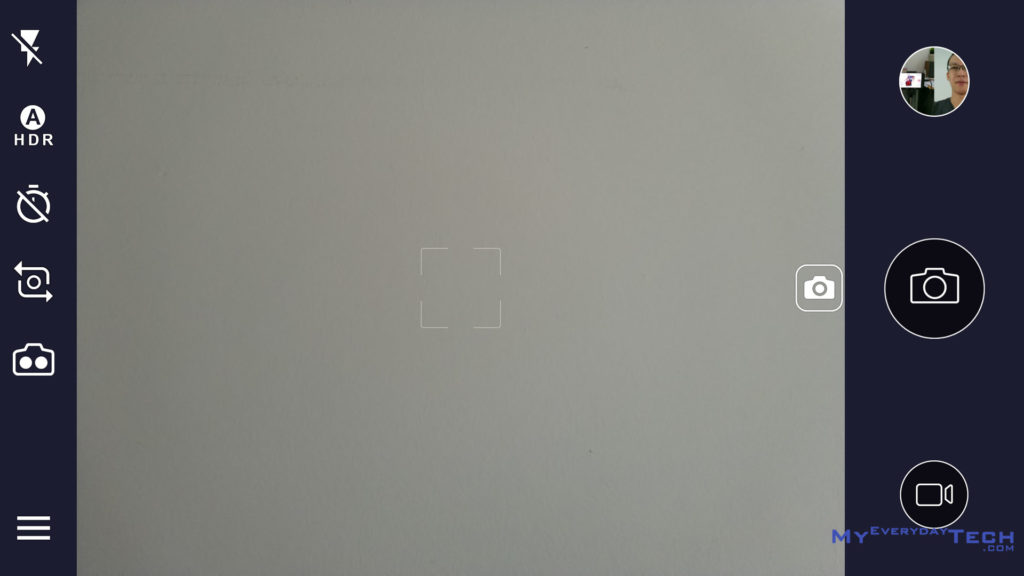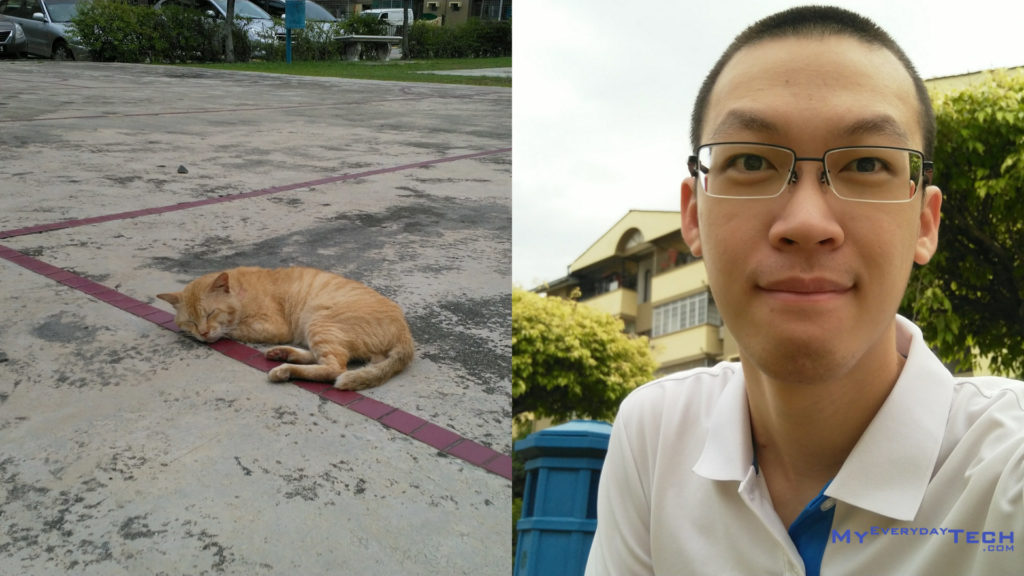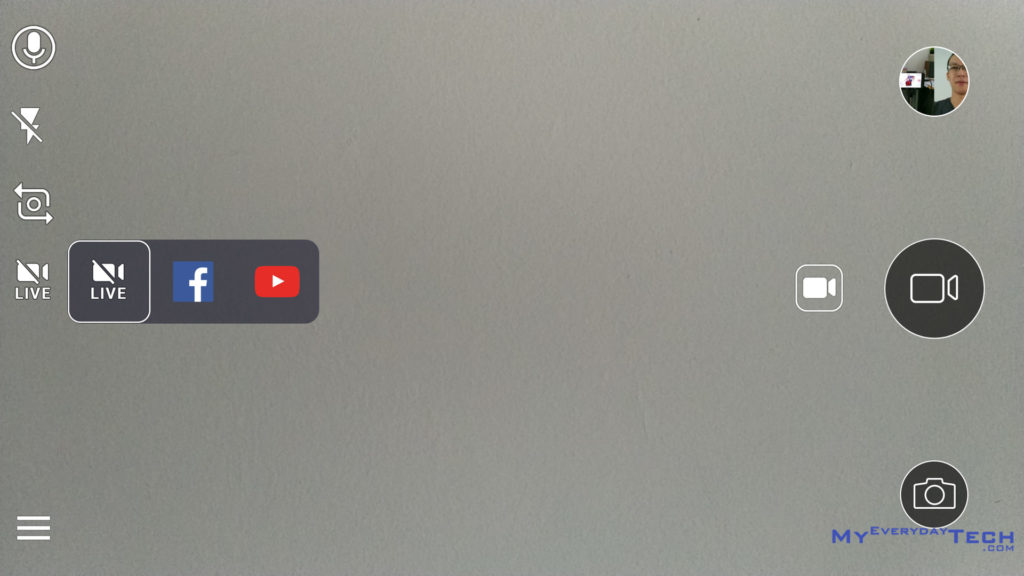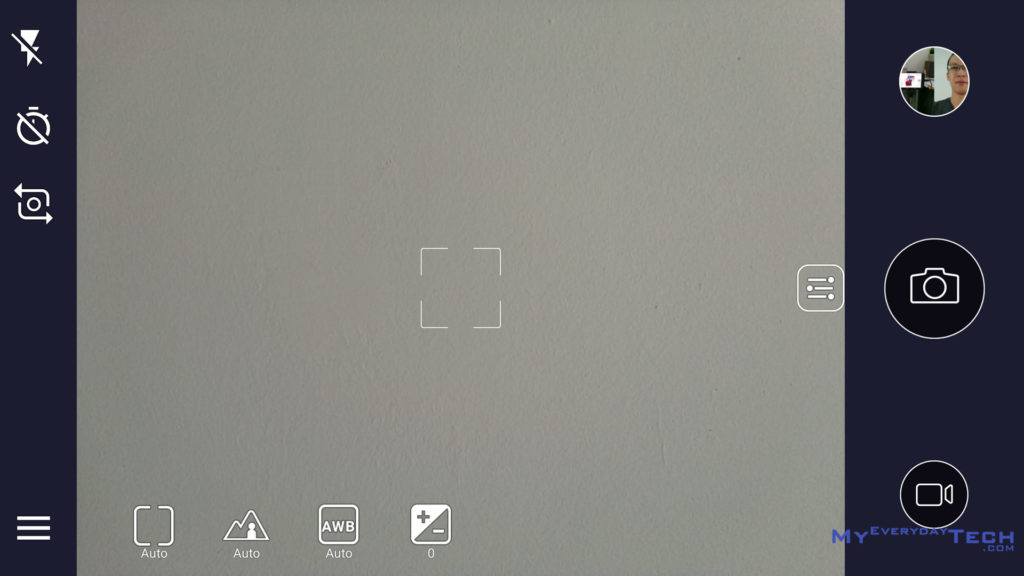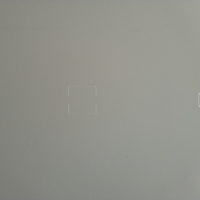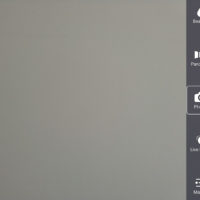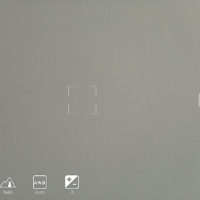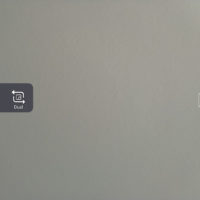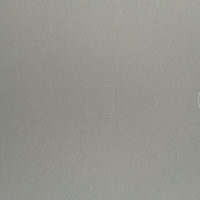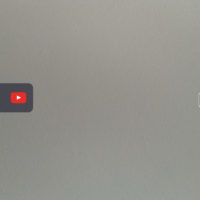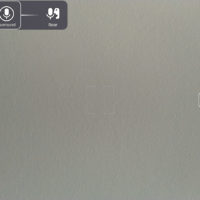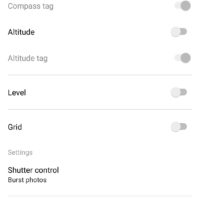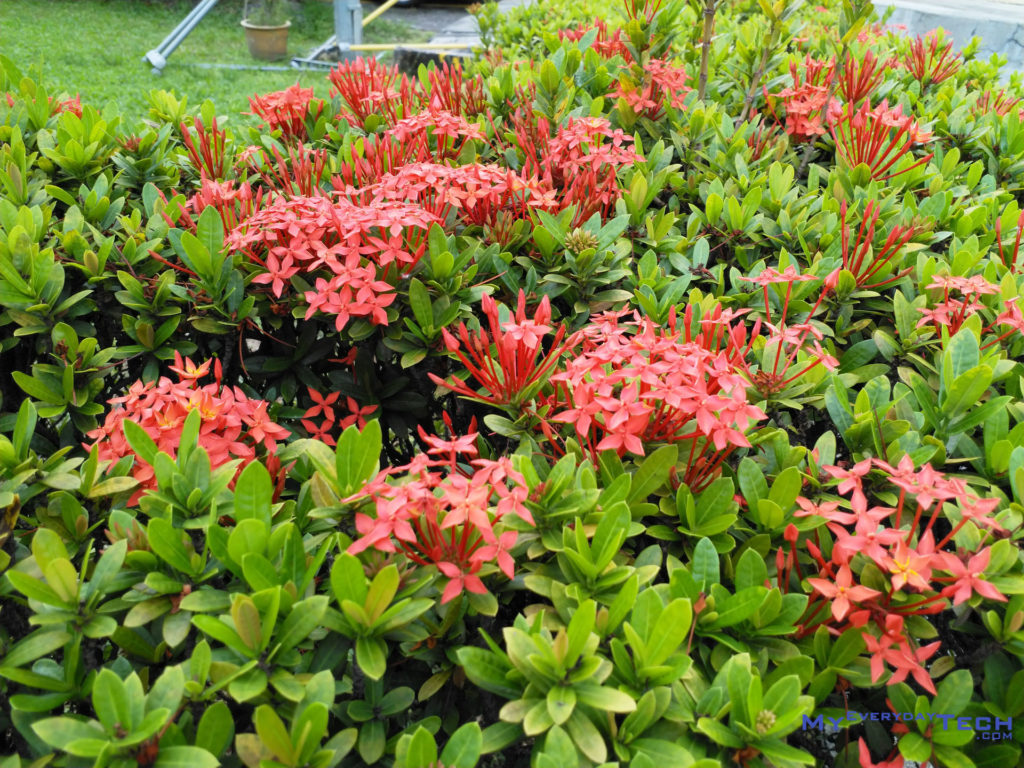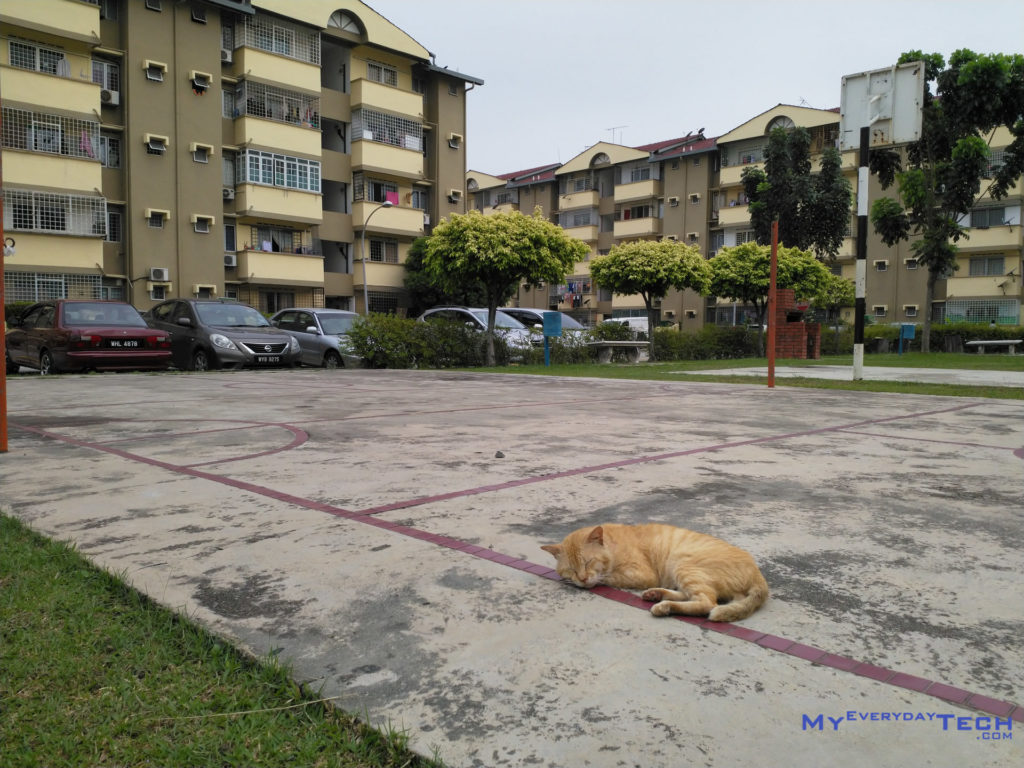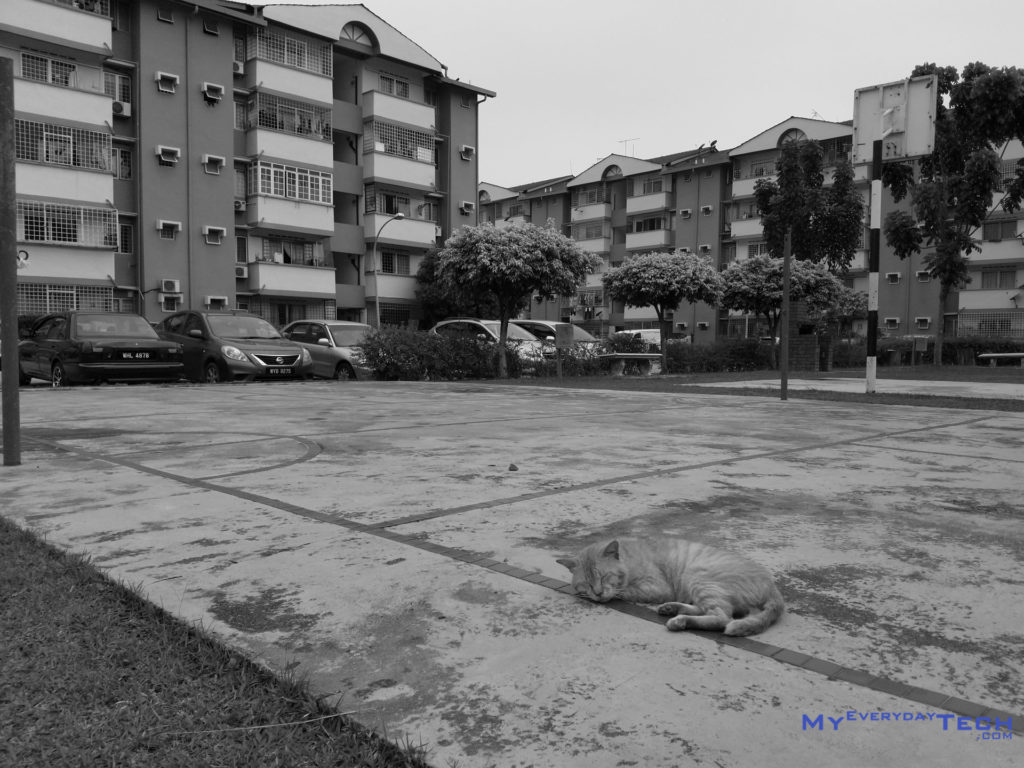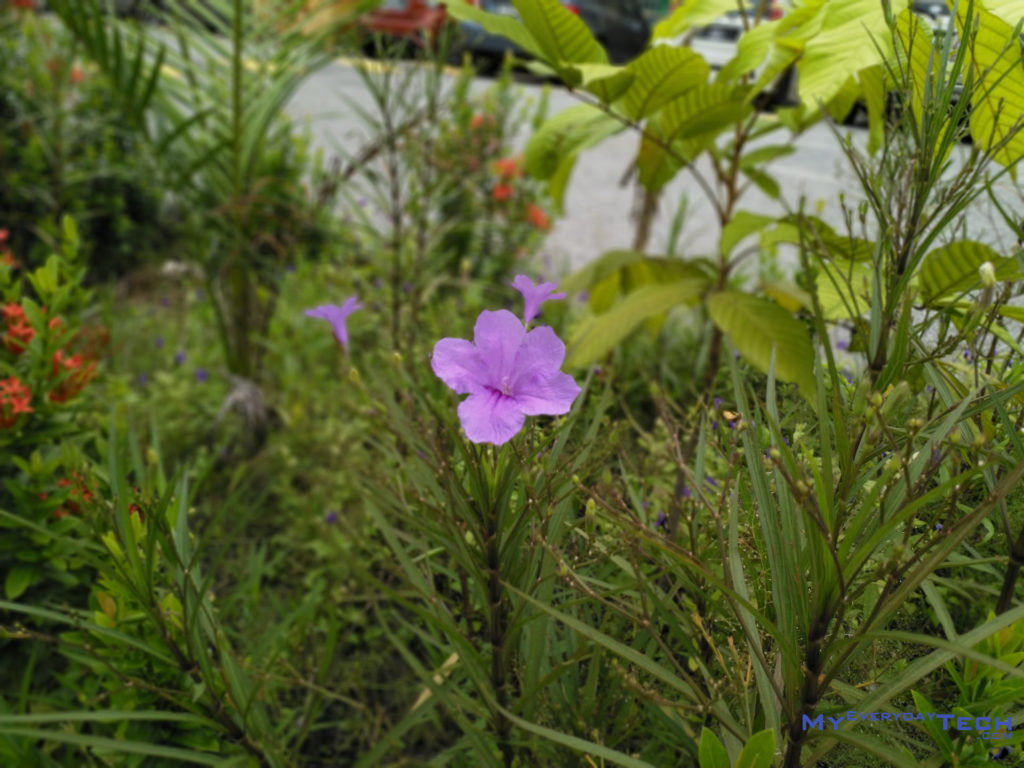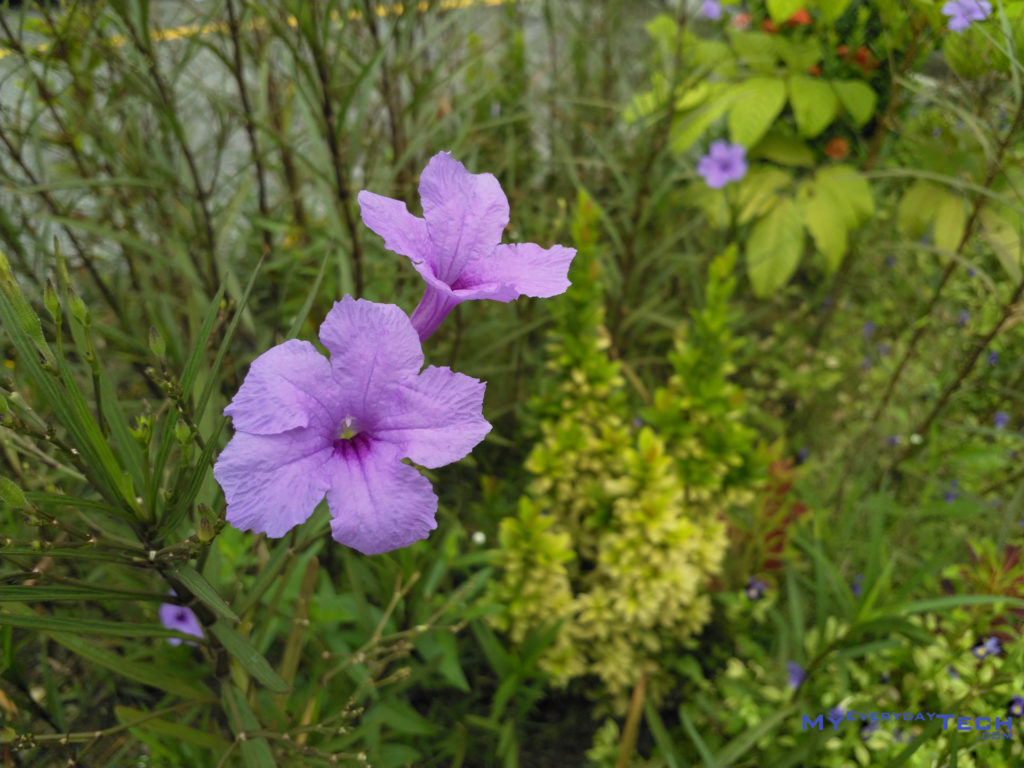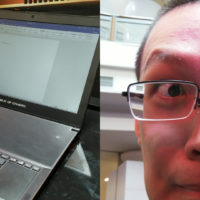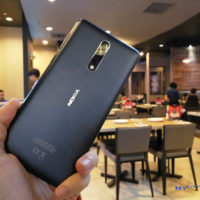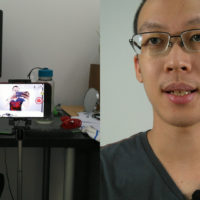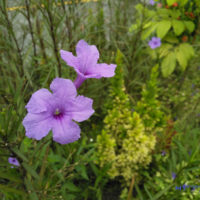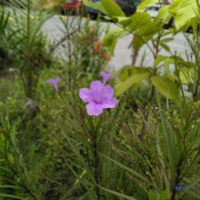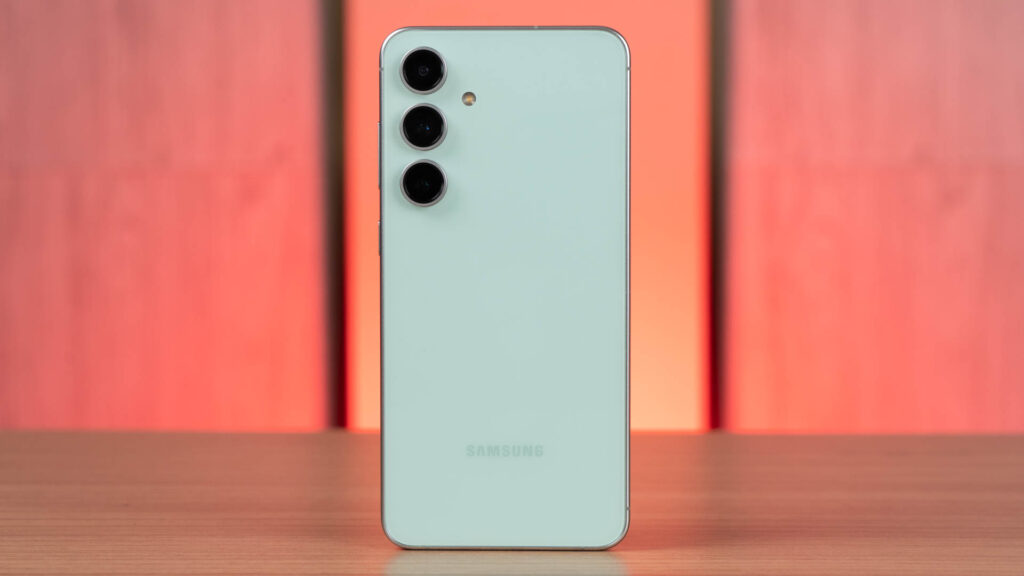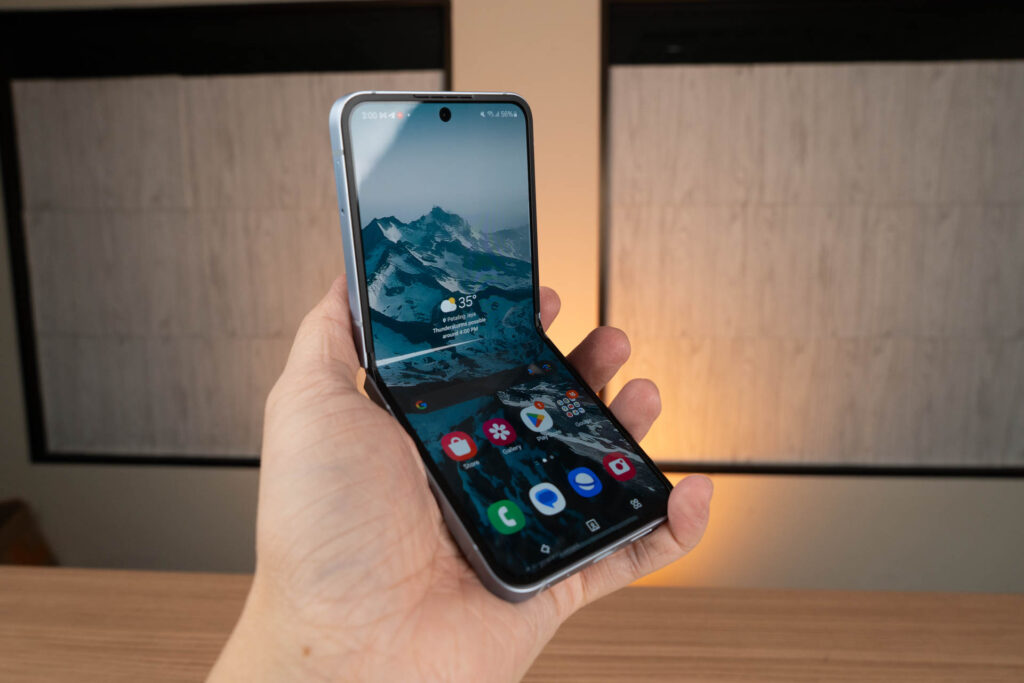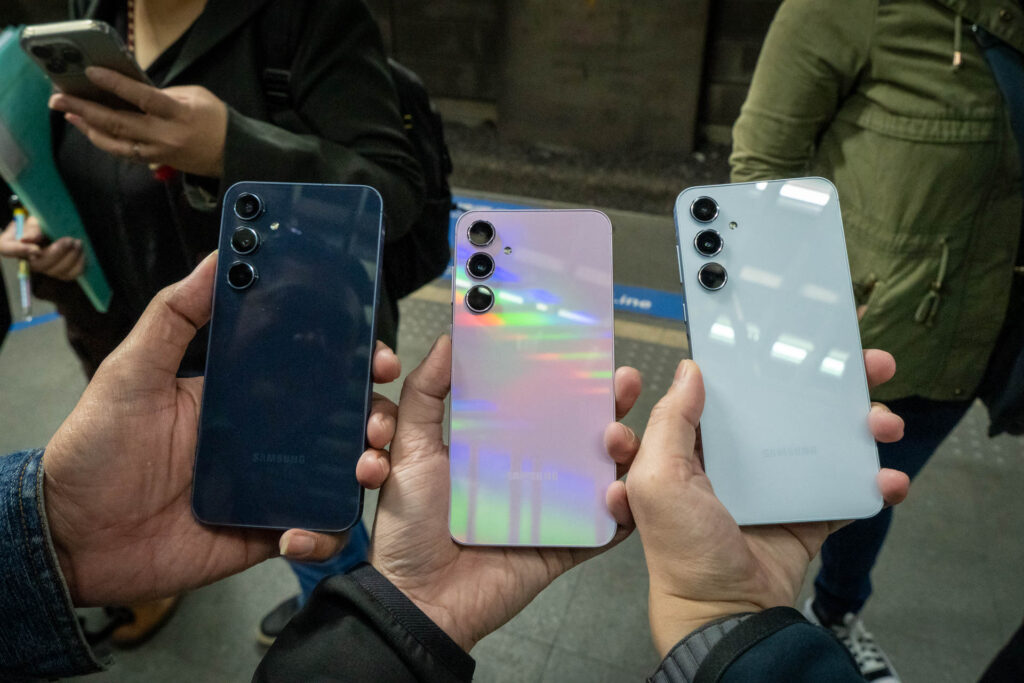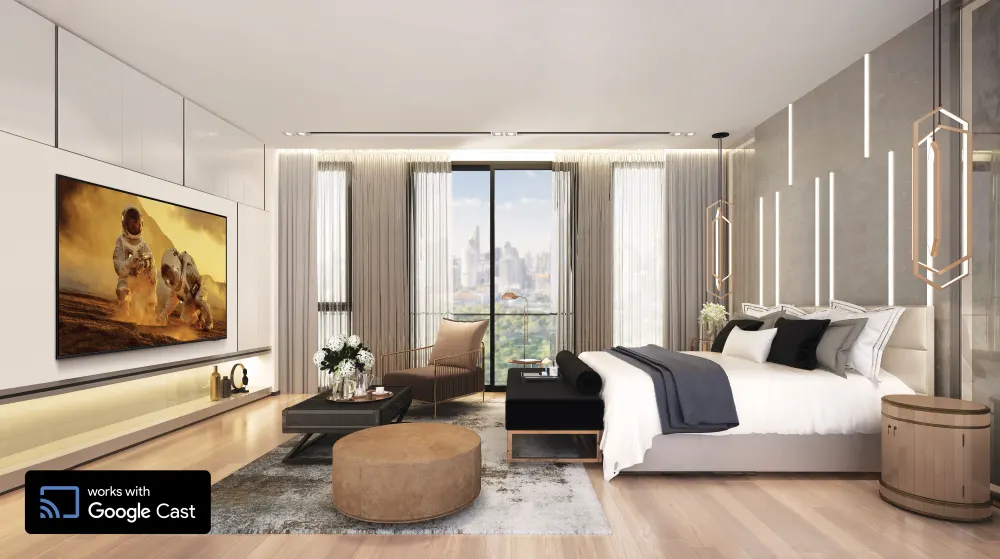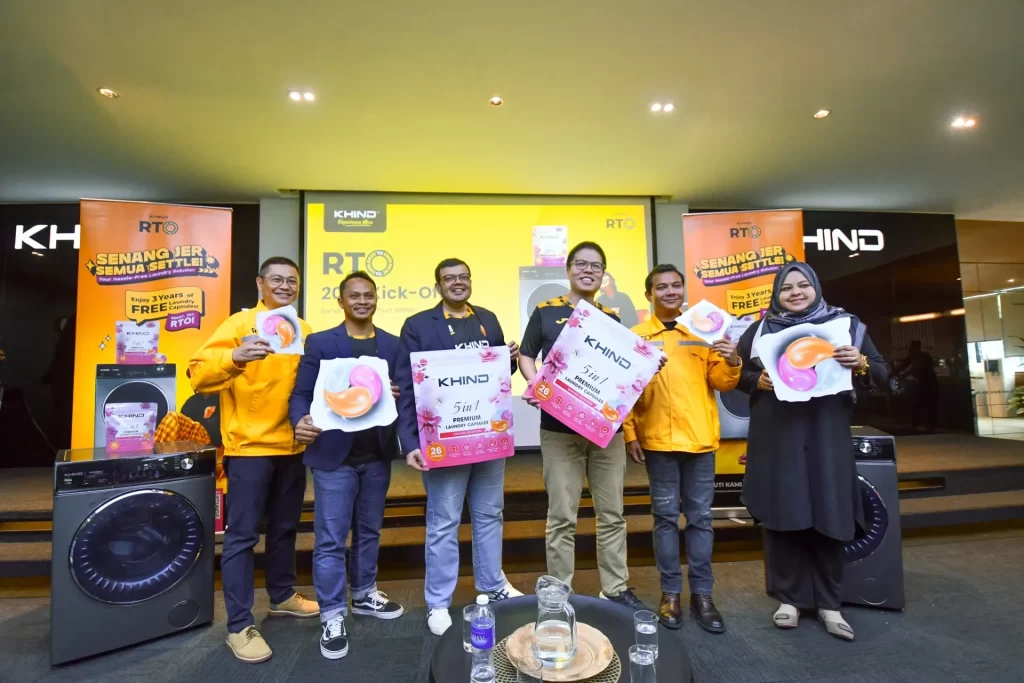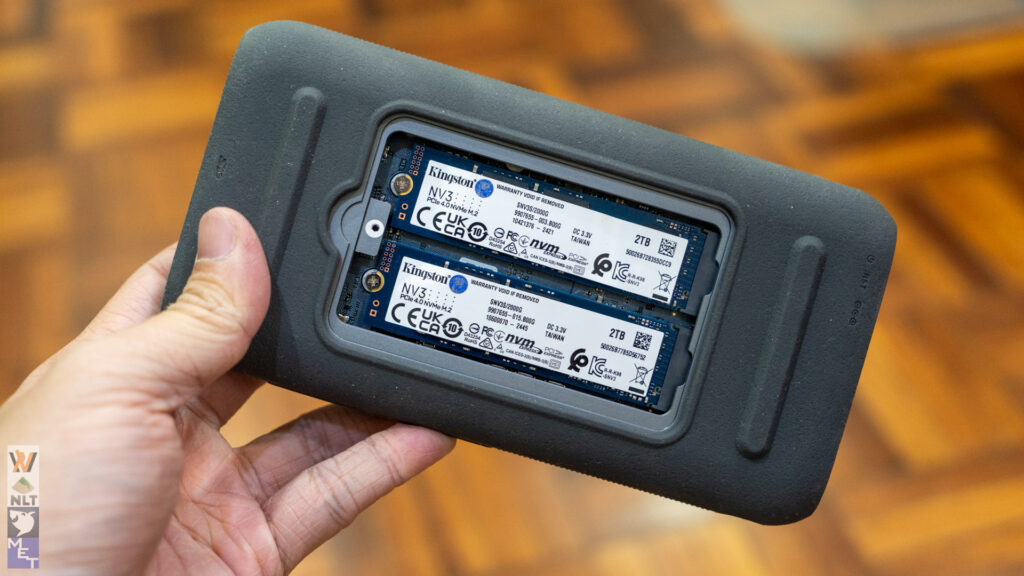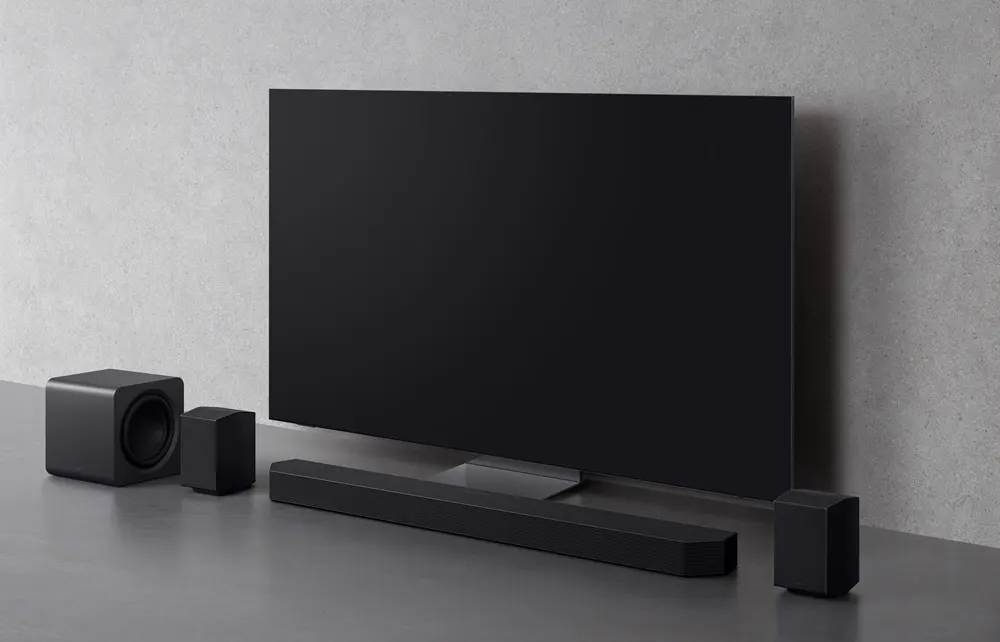Nokia 8 Review: Comeback is real
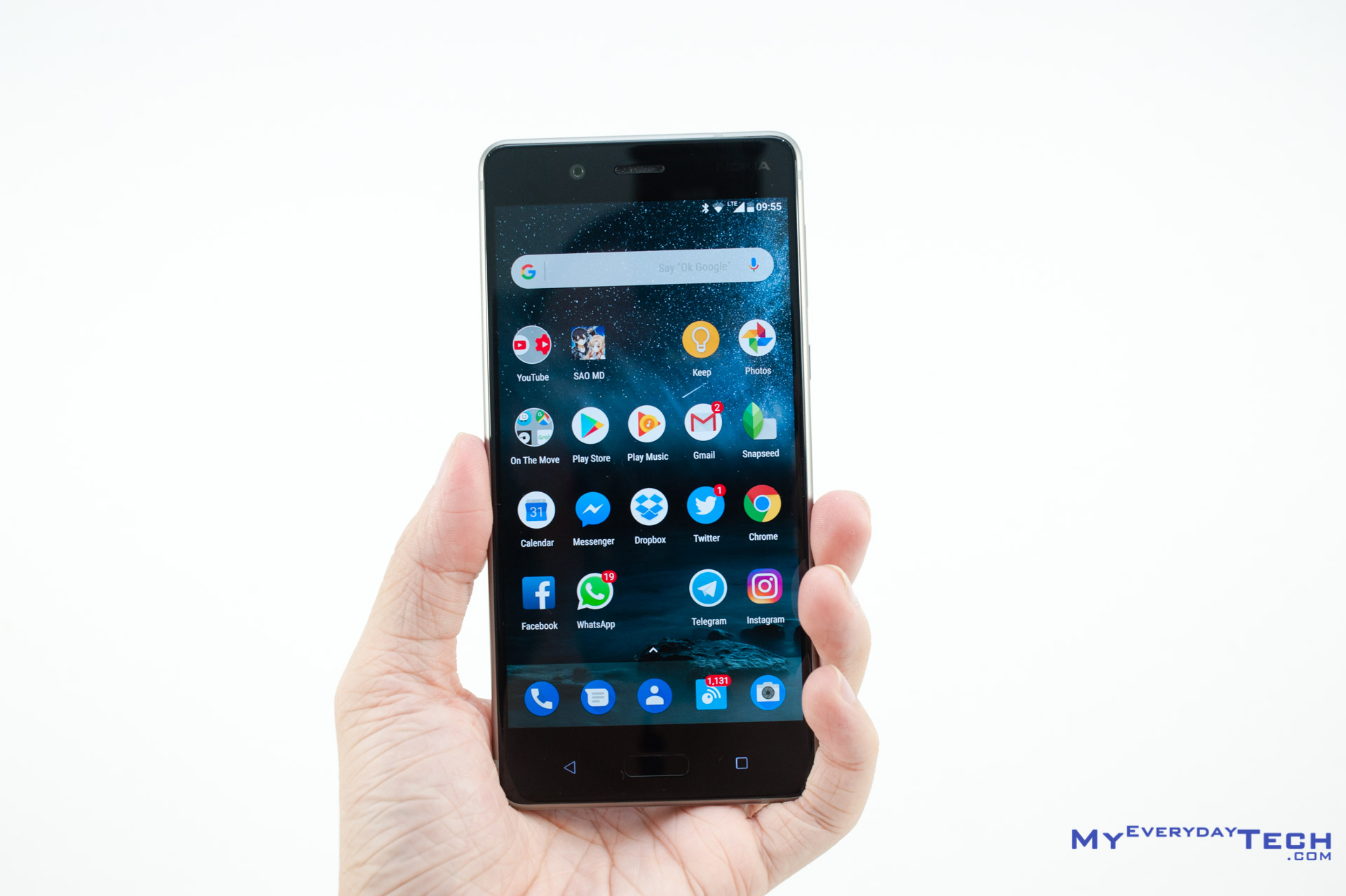
Nokia 8
RM 2299.00Pros
- Great build quality
- Great 5.3-inch 1440p IPS display
- Balanced rear and front camera quality
- Excellent performance
- Great battery life
- QuickCharge 3.0
- Pure Android experience
- Nokia OZO audio
- Excellent value
Cons
- IP54 splash resistant only
- Missing OIS for front camera
- Overly simplified camera app
Camera
Camera
Nokia also steps into the dual camera game with the Nokia 8. At the back is the dual 13-megapixel sensor. One is a colour sensor with OIS while the other one is a monochrome sensor. They have the same 27mm f/2.0 aperture lens with PDAF and IR range finder.
At the front is the same 13-megapixel colour sensor that is used for the rear camera. The lens has a slightly tighter field of view at 28mm but the aperture value is the same at f/2.0.
Camera App
The camera app is lightweight and easy to use. I do appreciate that Nokia is sticking with the minimalist design language here.
It supports Nokia’s unique bothie camera feature where you can use both front and rear camera at the same time to capture photos, videos and live streaming. Yes, you read it right, you can do Facebook or YouTube live stream straight from your camera app.
Then, there is some downside with the bothie feature. Especially when the camera is locked at infinity focus and video recording is capped at 1080p. The usefulness of bothie is very niche.
Worth mentioning is the Nokia OZO audio which uses 3 microphones to eliminate background noise while improving the subject’s speaking voice. Here’s a live video I did during the Nokia 8 launch event.
Live@Nokia 8
#bothie #mybothie #nokia8 #nokiamobile
Posted by John Diew on Friday, 8 September 2017
However, since the camera app is the third party, I would prefer it to have full manual shooting mode instead of having a handicapped manual mode. As seen from the above screenshot. Manual mode without shutter speed and ISO adjustment are not very useful for us power users.
Image Quality
The camera takes awesome looking photographs. The colour reproduction is right on the spot with great dynamic range. The dual camera allows you to shoot in 3 different settings:
- Dual camera mode
- Colour mode
- Monochrome mode
In Dual camera mode, both colour and the monochrome sensor would take the same image and combine them to produce a sharper looking image. Frankly speaking, even with pixel peeping, I could not tell if that particular photo is taken with Dual camera mode or Colour mode.
That’s the exact reason why I don’t find this kind of dual camera setup has any usefulness in real life situation. Consider that we would just upload the photo to Facebook anyways.
Then, if you’re one of those who is into monochrome photography, you’re no longer restricted to Huawei P series as Nokia 8 is fully capable of doing so.
With the dual rear camera, software simulated bokeh feature is definitely one of the key highlights. As a photographer myself, I find it difficult to understand is there anyone actually asking for this kind of feature for their mobile phone? Is anyone actually using these “sometimes working” feature at all? Not to say that bokeh is bad, but software simulated effects would spell disaster at times. Just have a look at the photo above.
If you want natural bokeh, just go nearer to the subject and leave a larger gap between the subject and the background. Don’t you think this looks a lot more natural and nicer compared to the previous one?
HMD Global has done a great job by utilising the same colour sensor for the front camera. Which means, the front camera is able to produce the same image quality as the one at the rear. Not to mention the front camera has autofocus as well.
I’ll leave you guys with the gallery and be your own judge.
Gallery
Full-size photo samples are available in our Flickr album.
Contents

